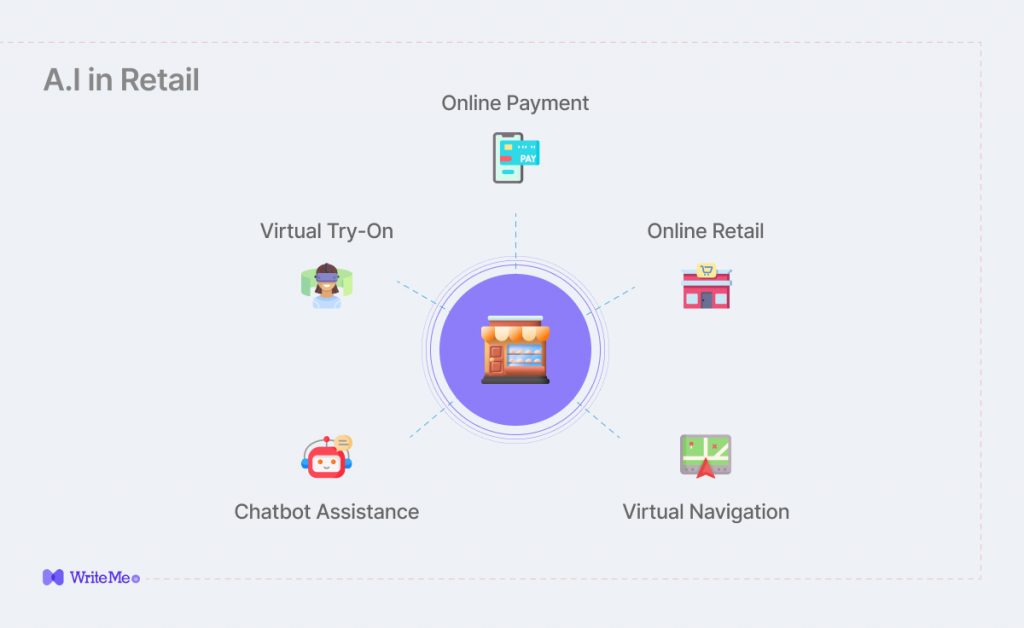Table of Contents
hide
- 1) What is the role of Artificial Intelligence in Retail?
- 2) Why does Artificial Intelligence in Retail Matter?
- 3) What are the benefits of Artificial Intelligence in Retail?
-
4)
Here are a few benefits of Artificial Intelligence in the Retail sector
- 4.1) Improvement of In-Store Experience
- 4.2) Aid in Customer Service
- 4.3) Price Adjustment Flexibility
- 4.4) Logistics and Supply Chain
- 4.5) Merchandising and Demand Forecasting
- 4.6) Inventory Management
- 4.7) Practical Layout of product
- 4.8) Self-Checkout
- 4.9) Virtual Fitting Room
- 4.10) Content Scaling
- 5) Conclusion





